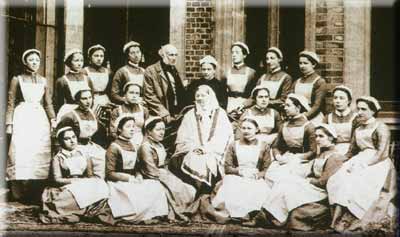May 12 is celebrated as International Nursing Day (it’s the birthday of nursing pioneer Florence Nightingale). The Geneva-basedInternational Council of Nurses has identified the 2011 IND theme as “closing the gap: increasing access and equity”.

Equity and access are also key elements of the work of the Wellesley Institute. The ICN makes a number of important observations in itsIND2011 toolkit:
“In 2001, the international community endorsed the Millennium Development Goals (MDGs). The commitment to the MDGs represented a determination to make significant improvements in the health status of the world’s population and recognised that the burden of illness and disease was not equally distributed. Major gaps existed in the health status and life expectations between the wealthy and the poor, between the developed and developing nations, between men and women and between rural and metropolitan residents.”
“Ten years on, significant gains have been made, with the 2009 evaluation report highlighting improvements in regards to key health interventions such as malaria and HIV control and measles immunisation (UN, 2010). However, the report also highlights yawning gaps between the health, well-being and life expectancy of different groups of people.”
“The ability to access services is key. Access to services may be limited by cost, by language, by proximity, by policies and practices that make a service culturally inappropriate, by poor quality, or simply by lack of availability or explicit rationing policies.
“It is also important to recognise that health is not merely a commodity produced by health services. Health is socially determined, as well as being influenced by genetics and environment. The ability to achieve good health or, conversely, the risk of suffering ill health, is affected by socio-economic status, geography, labour market participation, education, gender, sexual preference and a host of other elements that impact, both directly or indirectly on one’s ability to achieve and maintain good health.”